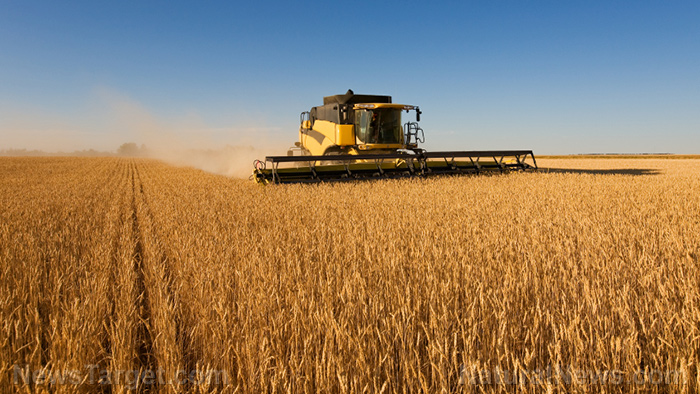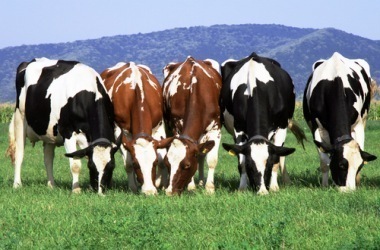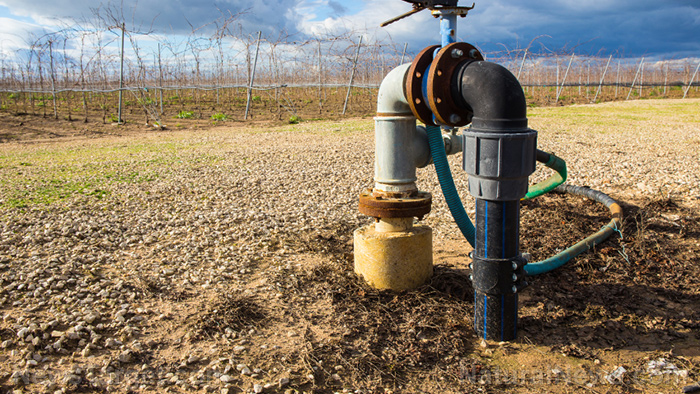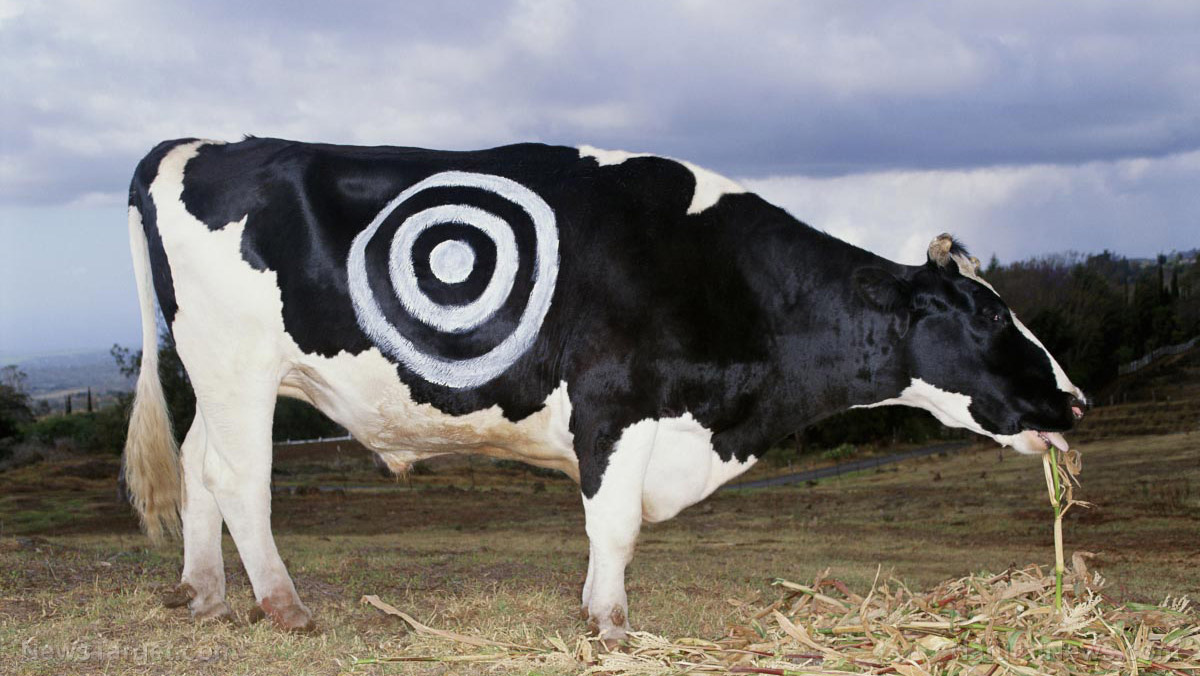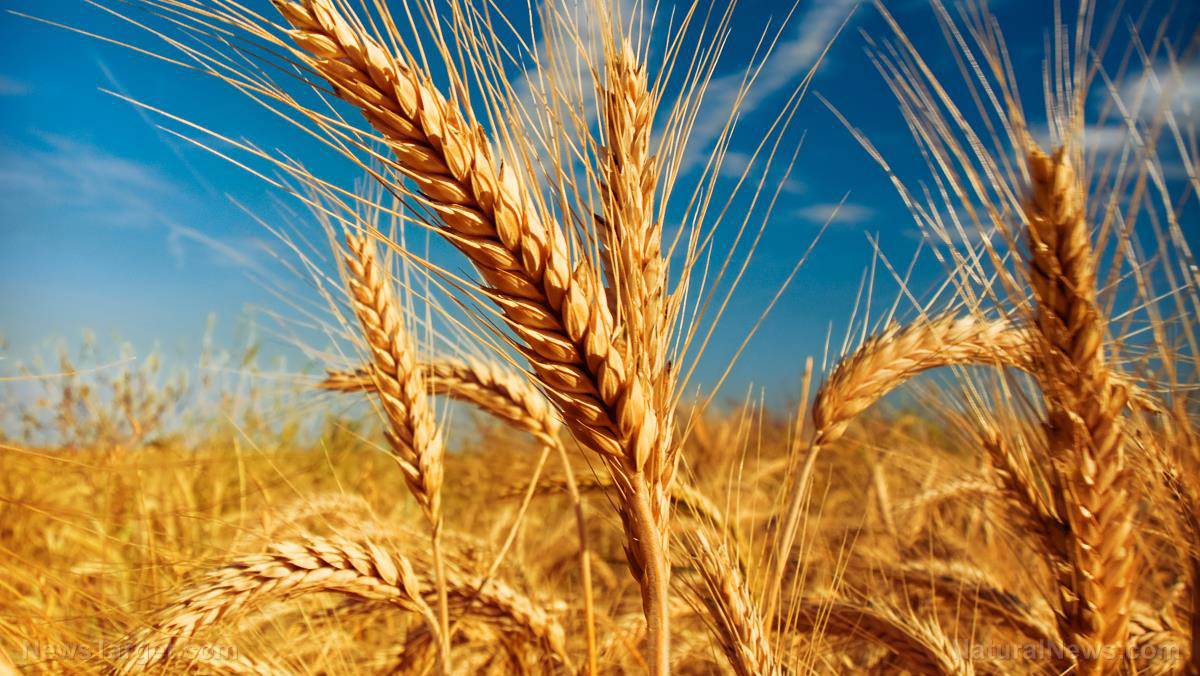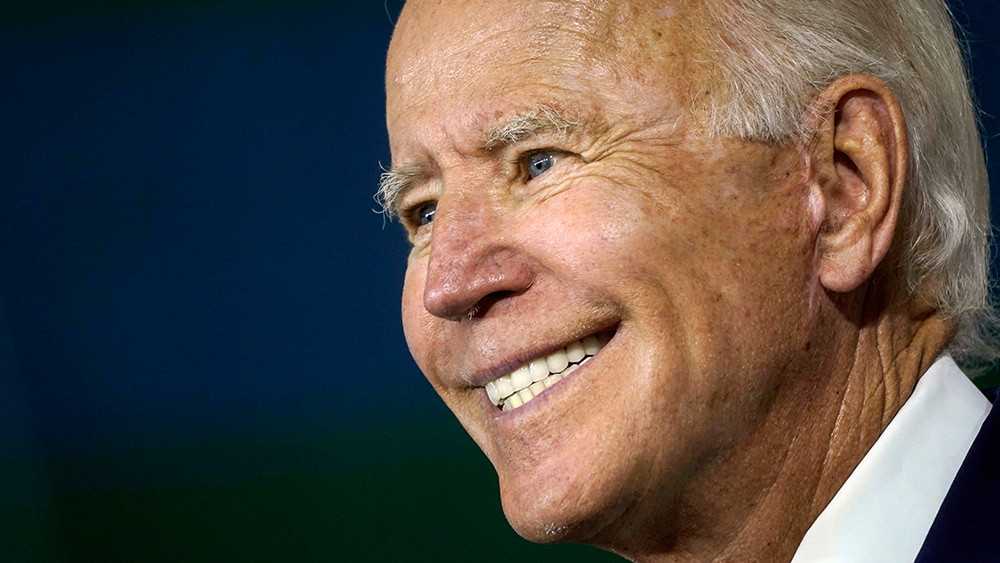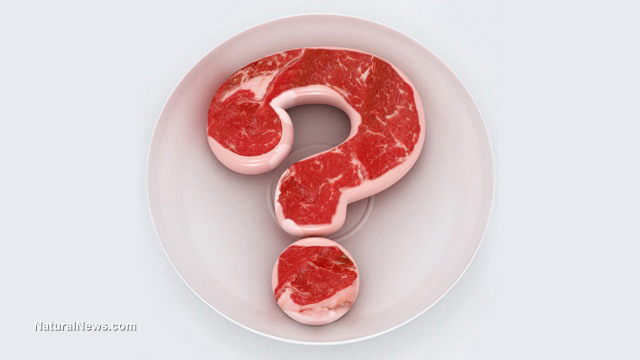Thanks to inflation and food shortages, many people are barely able to afford even one meal per day
06/29/2022 / By Ethan Huff
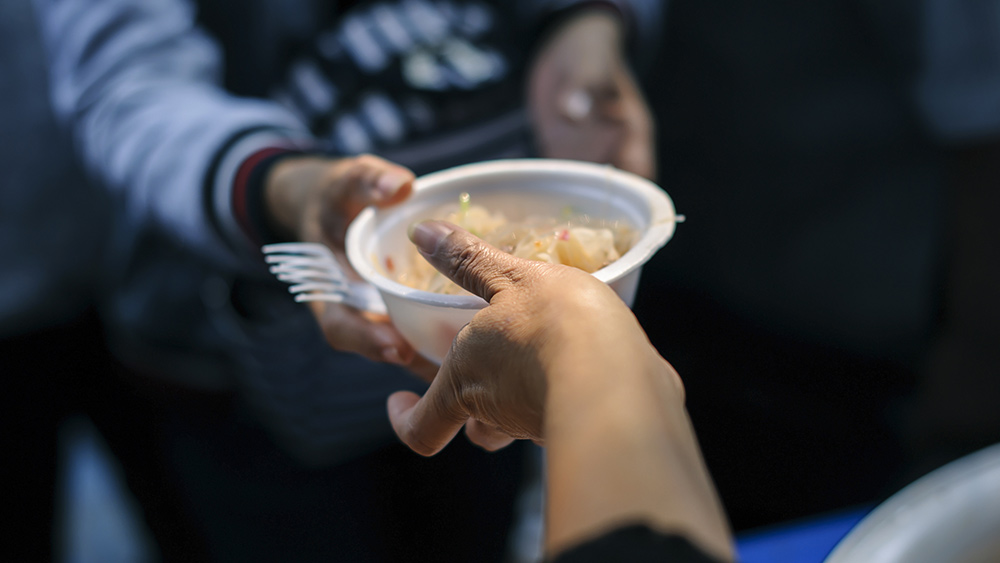
North America, which was once a First World region, is fast becoming a Third World wasteland, thanks to government corruption, Wall Street greed and private central banking.
Increasingly more people both in the United States and Canada are unable to afford food because of explosive inflationary pressure and food shortages, which are only compounding that inflation. In Canada, government benefits are now decreasing because of this, which will leave some people with access to barely one meal per day from now on.
“Sometimes, by the end of the month, before we’re getting to the due date for the money, I’m down to maybe just a very small meal once per day,” said 56-year-old Stephen Jones to the Globe and Mail, a Toronto-based newspaper.
“I am almost on the verge of having to skip meals altogether in a day,” he added, further revealing that his shopping habits have changed dramatically in recent months.
Right now, Jones is living on disability benefits that amount to $1,200 Canadian per month, or about $940 per month in United States currency. This amount has sustained him for the past 15 years after he had to give up his career in finance due to debilitating depression – that is, until now.
While Canada’s inflation rate slightly trails that of the United States at 6.8 percent, this is still a 31-year high for the country. The Globe and Mail reported that gas prices also rose 10 percent year over year, which is the highest spike since 1981.
Toronto’s Daily Bread Food Bank also saw a record high of 160,000 visits in March, which represents a 134 percent increase compared to pre-plandemic levels.
“People have gotten to the end of their life savings,” said Neil Hetherington, chief executive officer at Daily Bread. “They’re going into debt, and so they’re going to be turning to food banks even more.”
A very dark winter is coming
Jones is managing to get by for now, but he knows his day is coming. Things are becoming increasingly more difficult, and there does not appear to be any relief coming any time soon.
“I know that these places are very accommodating and non-judgmental, but there’s an element of shame in doing that,” he said. “But at some point, yes, I am definitely going to have to go to a food bank.”
James is hardly alone. According to Canadian agriculture expert Kim McDonnell, many Canadians are suddenly finding themselves in a tough situation requiring outside help.
“There’s going to be a lot of hungry people,” she said.
As the situation worsens, food banks all across Canada and the United States are going to be flooded with hungry, needy people. But will there be enough to go around?
Valerie Tarasuk, a professor of nutritional sciences at University of Toronto, said steepening inflation rates are likely to increase the prevalence and severity of food insecurity in Canada. That could mean financial concerns will prompt people to reduce meal sizes, skip meals or even go a day or more without eating.
What makes the current economic situation uniquely precarious is the fact that not only is inflation off the charts but there are also widespread food shortages. Hetherington calls it “a crisis on a crisis.”
“These [inflation] numbers are meals that people will be going without,” he said to The Globe and Mail, projecting that visits to the food bank could soon reach 225,000 per month.
“I’m an incredibly optimistic guy, but I am very concerned about the next couple of years,” he added ominously.
The latest news about inflation, food shortages, and the ongoing global economic implosion can be found at Collapse.news.
Sources include:
Submit a correction >>
Tagged Under:
chaos, Collapse, disability benefits, famine, food banks, food collapse, food insecurity, food scarcity, food supply, hunger, Inflation, one meal, panic, rationing, shortages, starvation
This article may contain statements that reflect the opinion of the author
RECENT NEWS & ARTICLES
COPYRIGHT © 2017 FOOD SUPPLY NEWS




